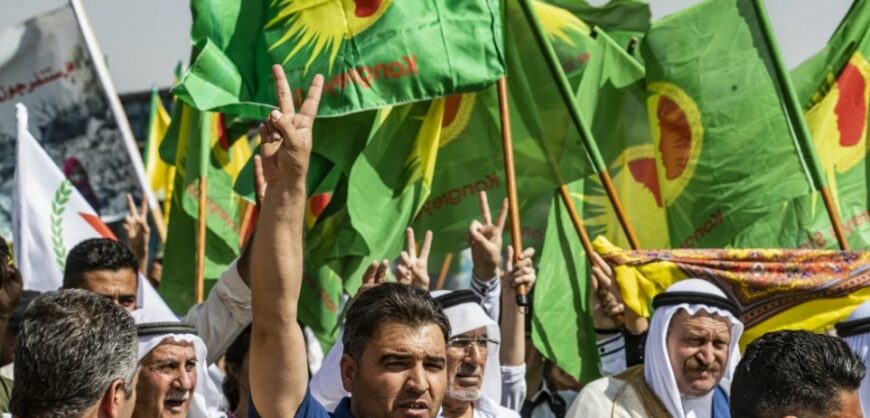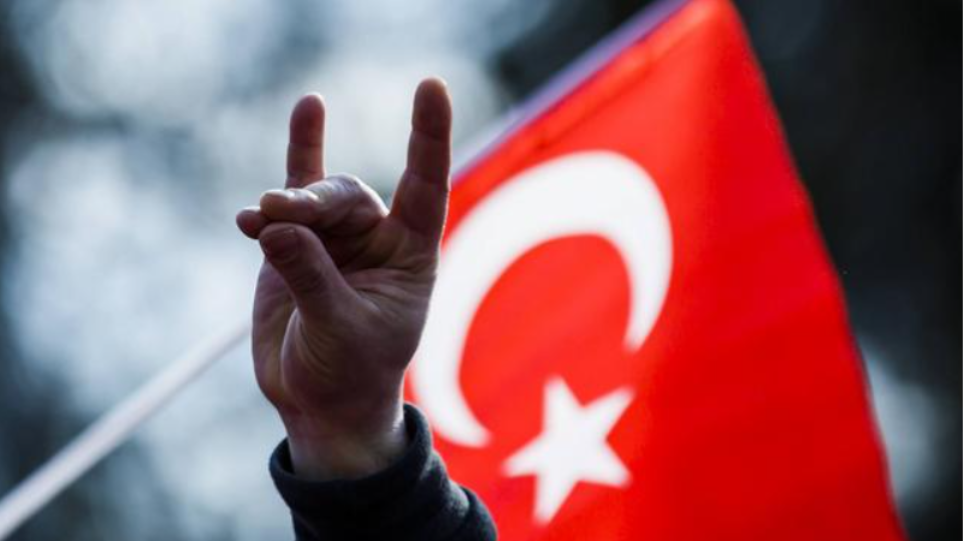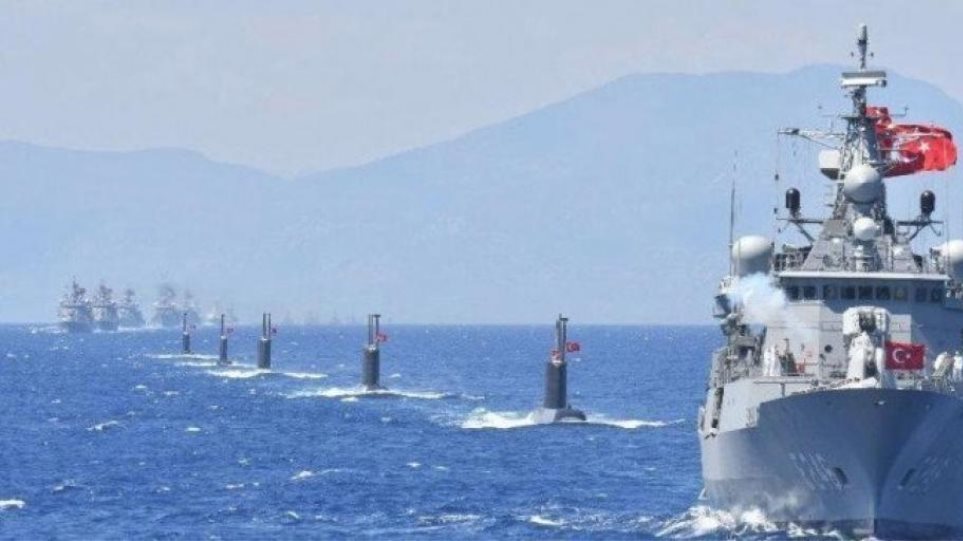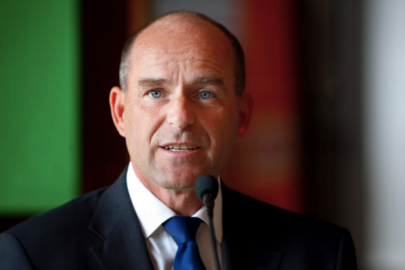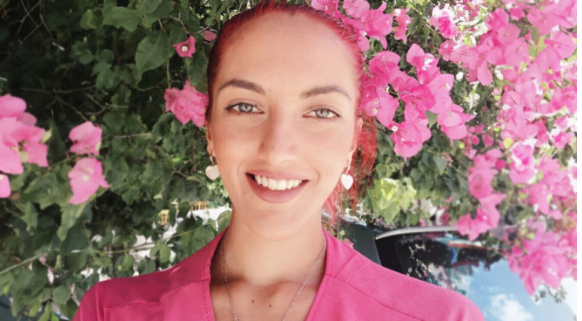In the 1980s, when Basak Demirtas was just five, the police came for her father. Four years ago, her children watched their father being arrested in their turn. “I didn’t think my daughters would have to experience the same thing,” she says. But the lot of the Kurds is slow to change.
Selahattin Demirtas, her arrested husband, was at the time of his imprisonment the leader of the Peoples’ Democratic Party (HDP), the strongest democratic voice of Turkey’s Kurds. He remains behind bars on trumped-up charges, along with thousands of other Kurdish politicians and activists. Turkish prosecutors recently applied to the country’s top court to have the HDP as a whole outlawed and disbanded. “Our parliamentarians are thrown in prison and our votes are ignored,” says Ms Demirtas, sitting in her husband’s office in Diyarbakir, the biggest city in the largely Kurdish south-east of the country. “Turks and Kurds still cannot live as equals”.
Greek Foreign Minister Dendias reopens consulate in Benghazi (video)
Grecian Air Seaplanes to launch first routes in Greece in September
Read more: Economist

